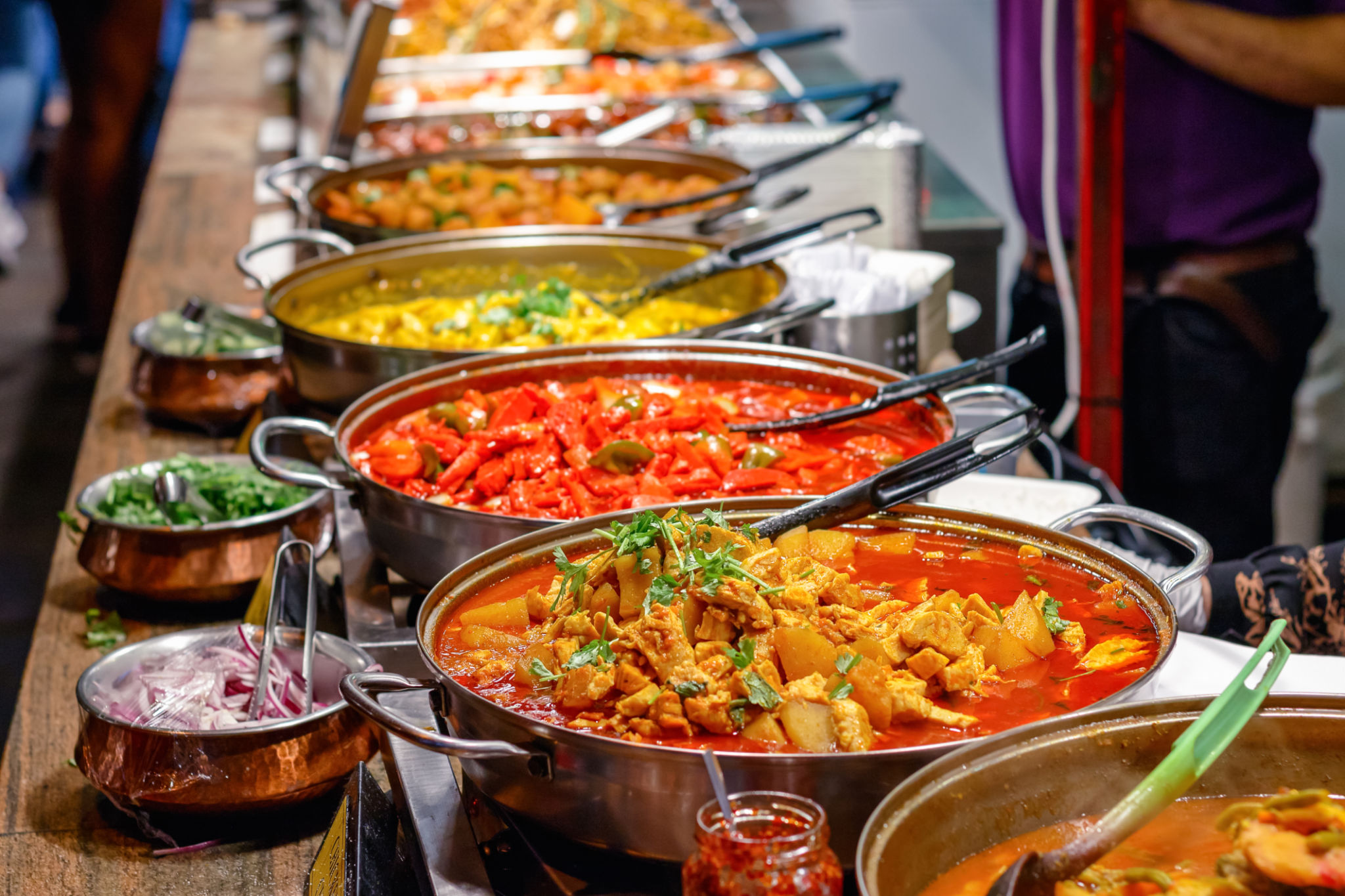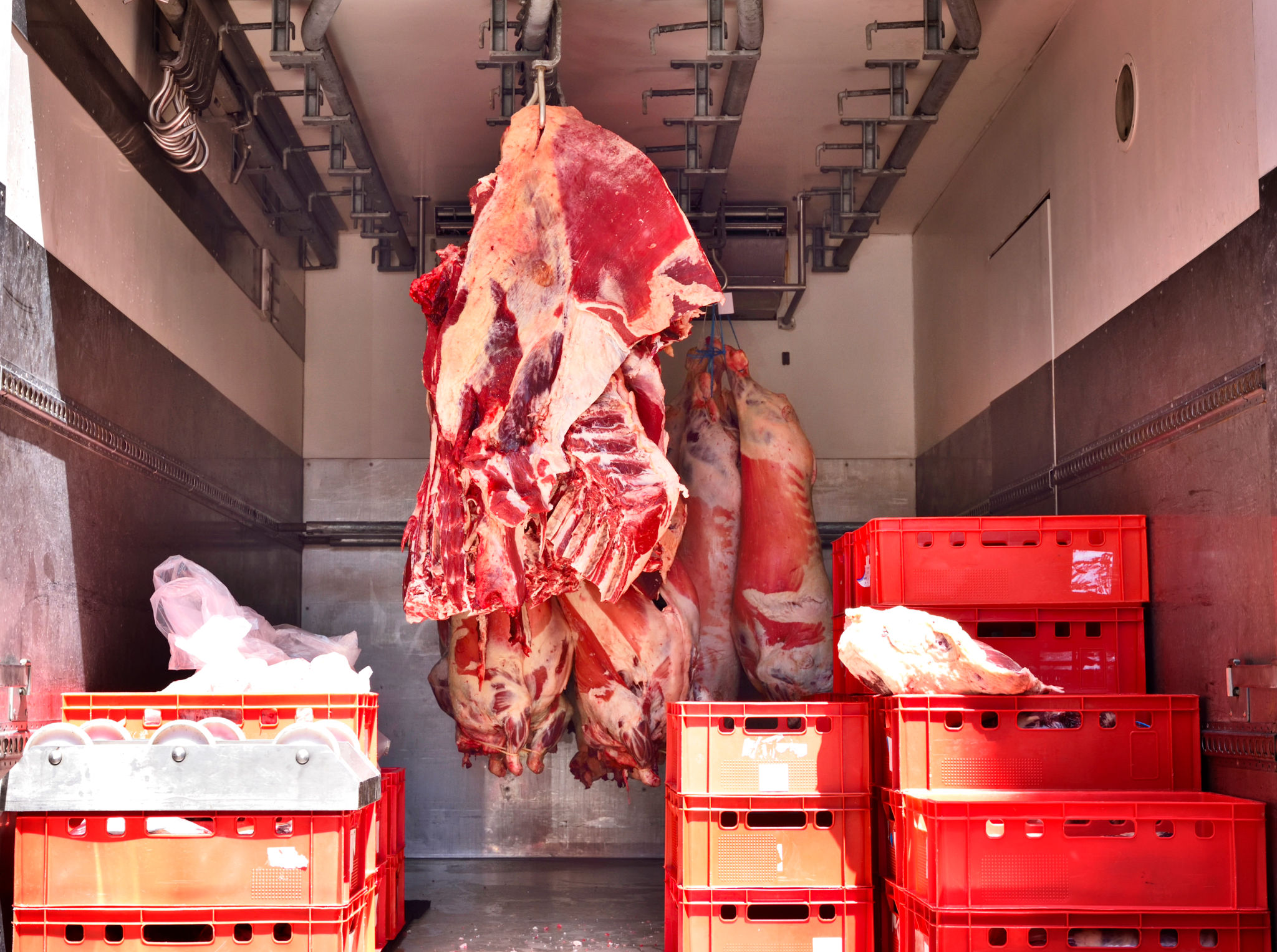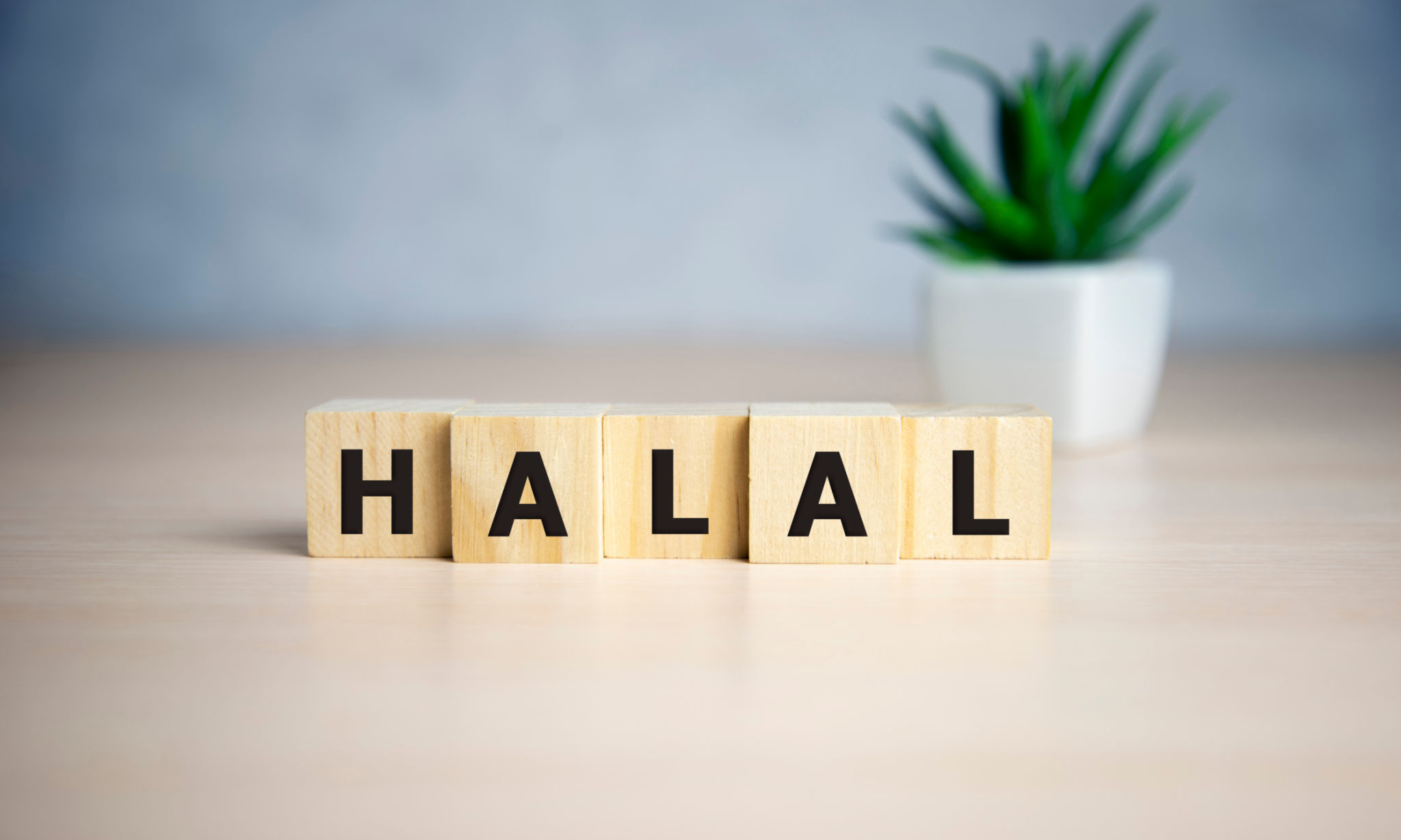Top 5 Misconceptions About Halal Foods: Insights from Sbaoa K&S
Understanding Halal Foods
Halal foods are often surrounded by a cloud of misconceptions, largely due to a lack of understanding and misinformation. These misunderstandings can lead to confusion and prevent people from enjoying a diverse and delicious range of foods. In this blog post, we will debunk the top five misconceptions about halal foods, with insights from Sbaoa K&S, a leading authority in halal certification.

Misconception 1: Halal Foods Are Only for Muslims
One of the most common misconceptions is that halal foods are exclusively for Muslims. While it's true that halal dietary laws are derived from Islamic guidelines, these foods can be enjoyed by anyone. Halal foods are often celebrated for their cleanliness, quality, and ethical considerations, making them appealing to a wide audience beyond religious boundaries.
Moreover, halal certifications can assure consumers of the ethical treatment of animals and the absence of harmful substances in food production. This broader appeal has contributed to the increasing global popularity of halal foods.
Misconception 2: Halal Is Just About Meat
Another frequent misunderstanding is that halal only pertains to meat. In reality, halal encompasses a wide array of food products beyond just meat. It includes beverages, snacks, dairy products, and even cosmetics and pharmaceuticals. The key is that these products must adhere to strict guidelines to be considered halal.

The term "halal" translates to "permissible" in Arabic, meaning that it applies to anything that is allowed under Islamic law. Therefore, it covers a broad spectrum of daily consumption items.
Misconception 3: Halal Slaughter Is Inhumane
A persistent myth is that halal slaughter practices are inhumane. In fact, the process is designed to be as quick and painless as possible, with strict regulations ensuring animal welfare. The guidelines require that animals are healthy at the time of slaughter and that they are treated with respect throughout the process.
The emphasis on animal welfare and ethical treatment aligns closely with many modern viewpoints on humane food production, further debunking this misconception.

Misconception 4: Halal Foods Lack Flavor
Some people believe that halal foods are bland or lack variety. This couldn't be further from the truth. Halal cuisine encompasses diverse culinary traditions from cultures around the world, including Middle Eastern, Southeast Asian, Indian, and African cuisines.
These rich culinary traditions offer a plethora of flavors and textures, providing an exciting culinary journey for anyone willing to explore them. From spicy curries to aromatic tagines, halal foods offer something for every palate.
Misconception 5: Halal Certification Is Not Reliable
The final misconception is that halal certifications are not reliable or standardized. However, organizations like Sbaoa K&S work diligently to ensure that halal certification processes are rigorous and transparent. These certifications involve detailed inspections and adherence to set standards, ensuring consumers receive authentic halal products.

By understanding these misconceptions, consumers can make informed choices and enjoy the rich diversity that halal foods offer. Whether you follow a halal diet or are simply curious about new culinary experiences, there's much to explore and enjoy in the world of halal foods.